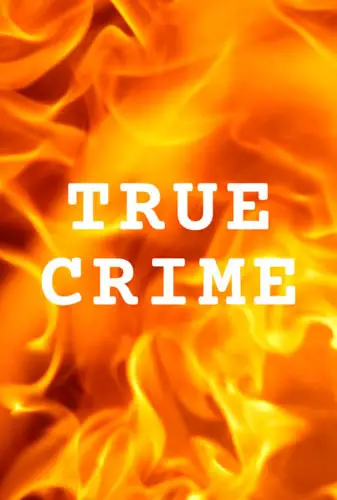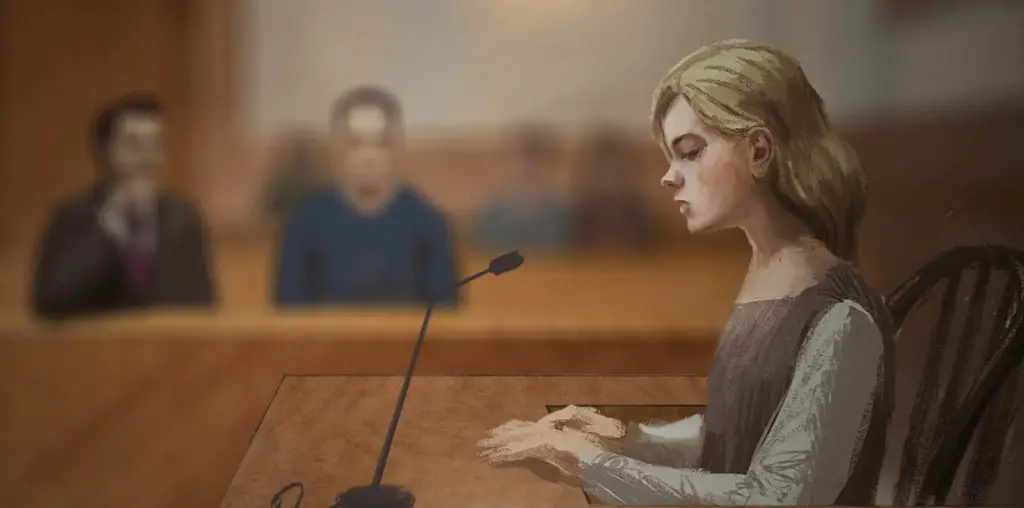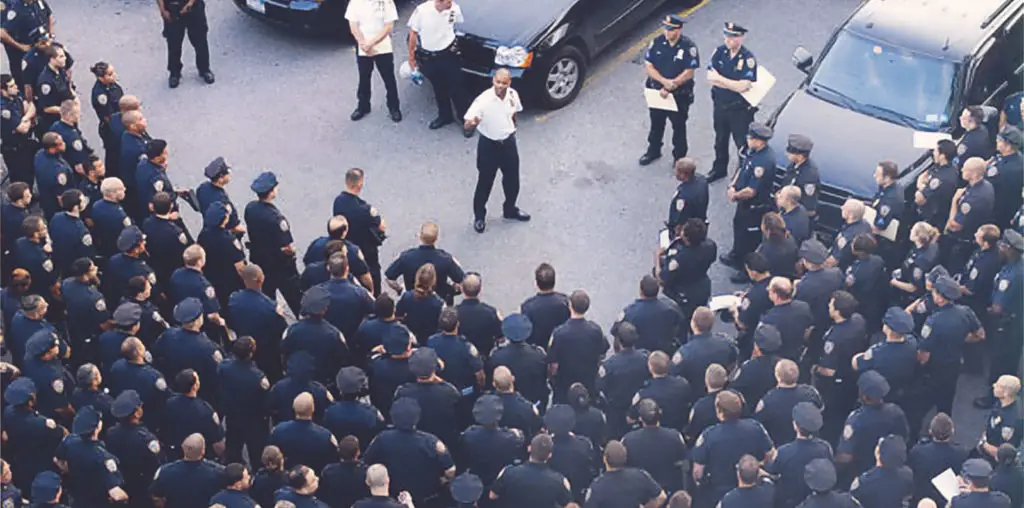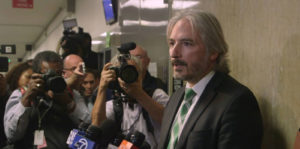
In 2015 Kate Steinle was on a pier at the Embarcadero in San Francisco when she was shot and killed. The perpetrator turned out to be an undocumented immigrant, which Donald Trump repeated over and over again on the campaign trail as evidence that “sanctuary cities” and immigrants were a threat to America. Ricochet, a documentary by Jeff Adachi and Chihiro Wimbush, peels back the layers of the case to reveal that almost nothing about the popular perception of these events is true.
The version of the story the media ran with early on was that José Inez García Zárate, a many-time convicted felon in the country illegally, confessed to murder at nearly point-blank range. But García Zárate, who was mentally challenged, was tricked into agreeing to all kinds of demonstrably false statements. He never really changed his story – that he picked up a pile of rags, and inside was a gun that went off accidentally. The state’s version of events was undermined early into the investigation when forensic evidence revealed that the bullet had hit the concrete and ricocheted, striking the victim approximately 90 feet away. Though the evidence indicated García Zárate’s version of events was true, the prosecution pressed ahead with a “skip shot” theory – that he intended to murder the victim at a great distance by first shooting into the nearby concrete, skipping the bullet.
Ricochet has a major obstacle in that cameras were not allowed in the courtroom. As a result, many of the arguments have to come from interviews with attorneys or videos of them discussing legal strategy amongst themselves. This is often intercut with illustrations of the courtroom arguments, footage of the crime scene, and news coverage. Given the limitations of what the directors were working with, it is remarkable that the film remains engaging throughout. This is mainly achieved by good editing, a steady progression of revelations, and protagonists who excel at thoroughly explaining what they’re up against.
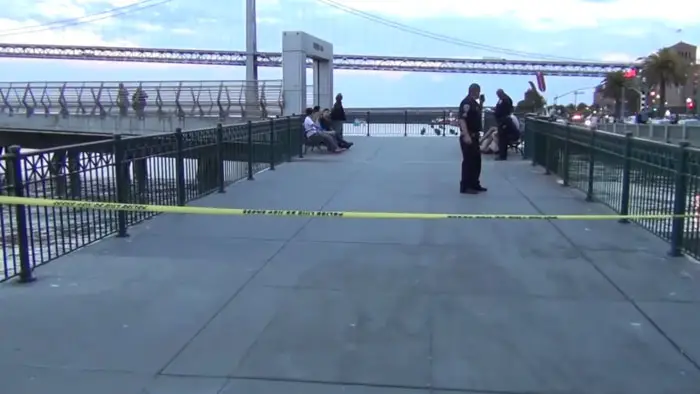
“…José Inez García Zárate, a many-time convicted felon in the country illegally, confessed to murder…”
Another major complication is that one of García Zárate’s public defenders, Jeff Adachi, died unexpectedly in 2019. He got the production started and was given a co-directing credit, but it was up to Wimbush to finish the movie. Adachi is featured throughout, but ultimately it is Matt Gonzalez who takes center stage. He was the Chief Attorney in the Public Defender’s office and knows how to put on a show, having run for mayor of San Francisco and Vice President as Ralph Nader’s running mate. He’s a remarkably charismatic guy, one fit to carry this complex story.
Everyone loves a story about crusaders against injustice in the legal system, and on that level, Ricochet delivers. It does try to go a bit deeper in analyzing the fact that the “sanctuary city” policy had nothing at all to do with this case, as García Zárate was where he was because of federal policies. In addition, his felonies were all nonviolent, minor drug possession charges. The fact that the media narrative followed Trump’s lead and framed the story that way is also briefly dissected. I wish this had been given a little more space. And there’s an even deeper level that is barely explored. How can a person with such obvious mental challenges be so exploited by our system for political gain?
For better or worse, Ricochet tells a compelling core story and sticks to it. The plot breezes by, albeit at the risk of a few missed opportunities for wider social commentary. It would’ve been even more compelling had it been released a few years ago, but the long delay in production is more than understandable, given the death of the director. I’m just happy it was finally made, and in such a captivating way.
Ricochet screened at the 2022 Santa Barbara International Film Festival.
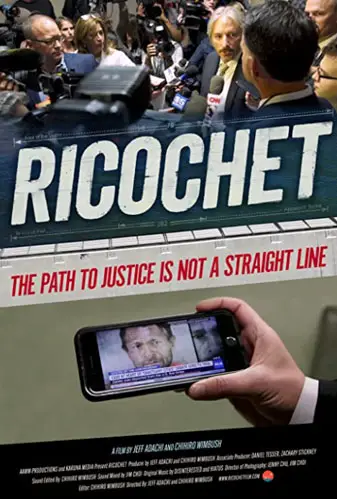
"…tells a compelling core story..."
